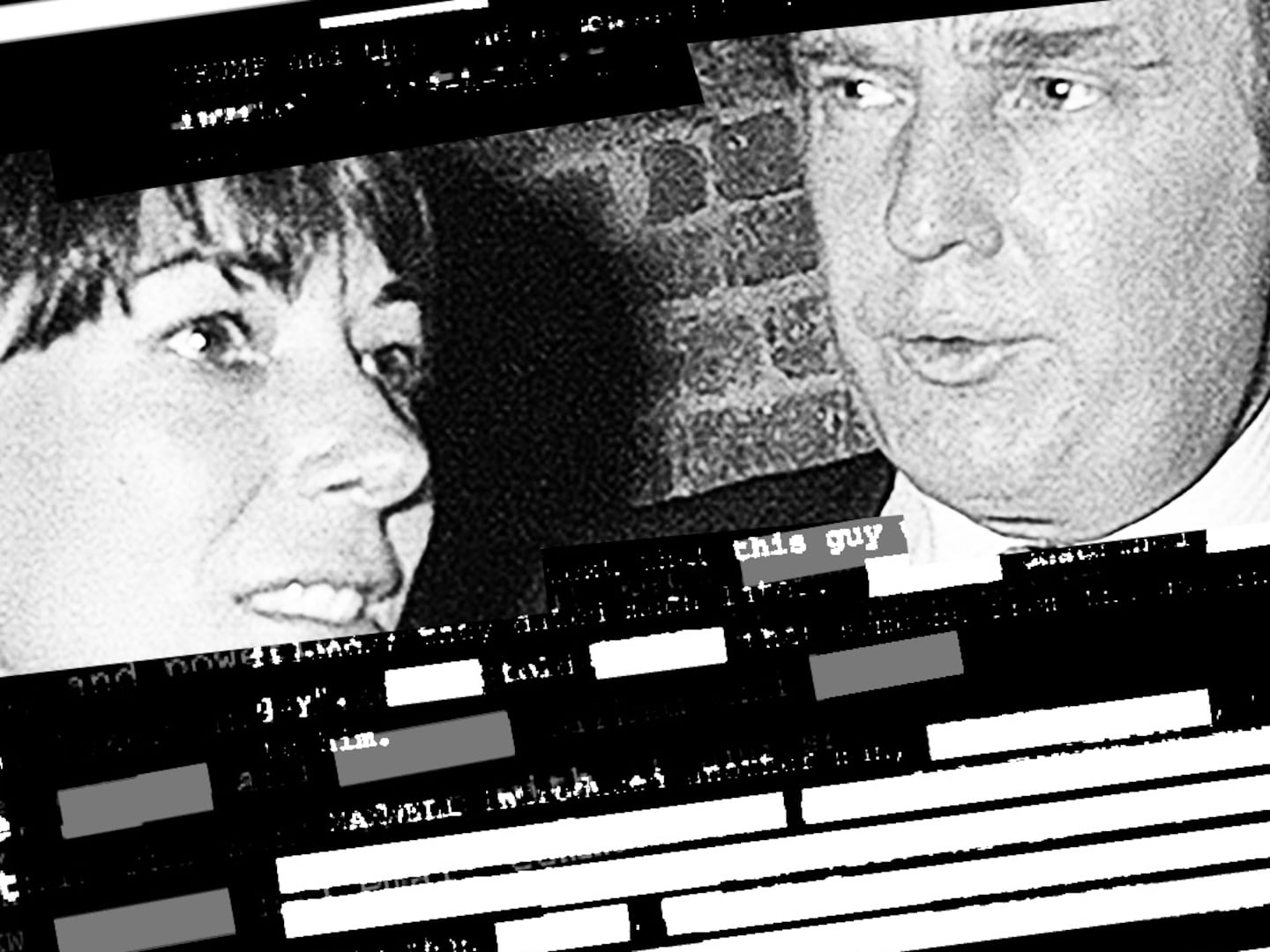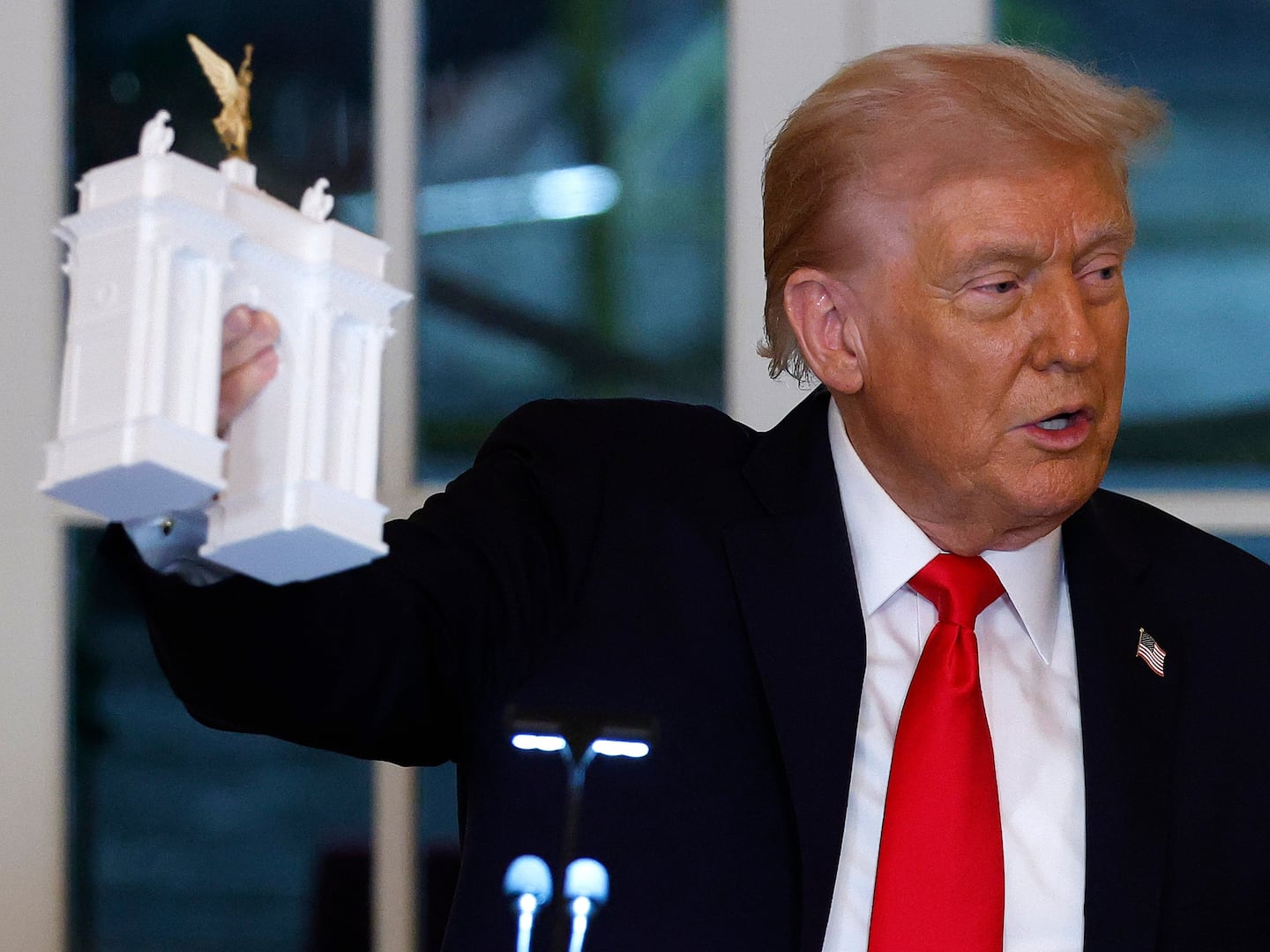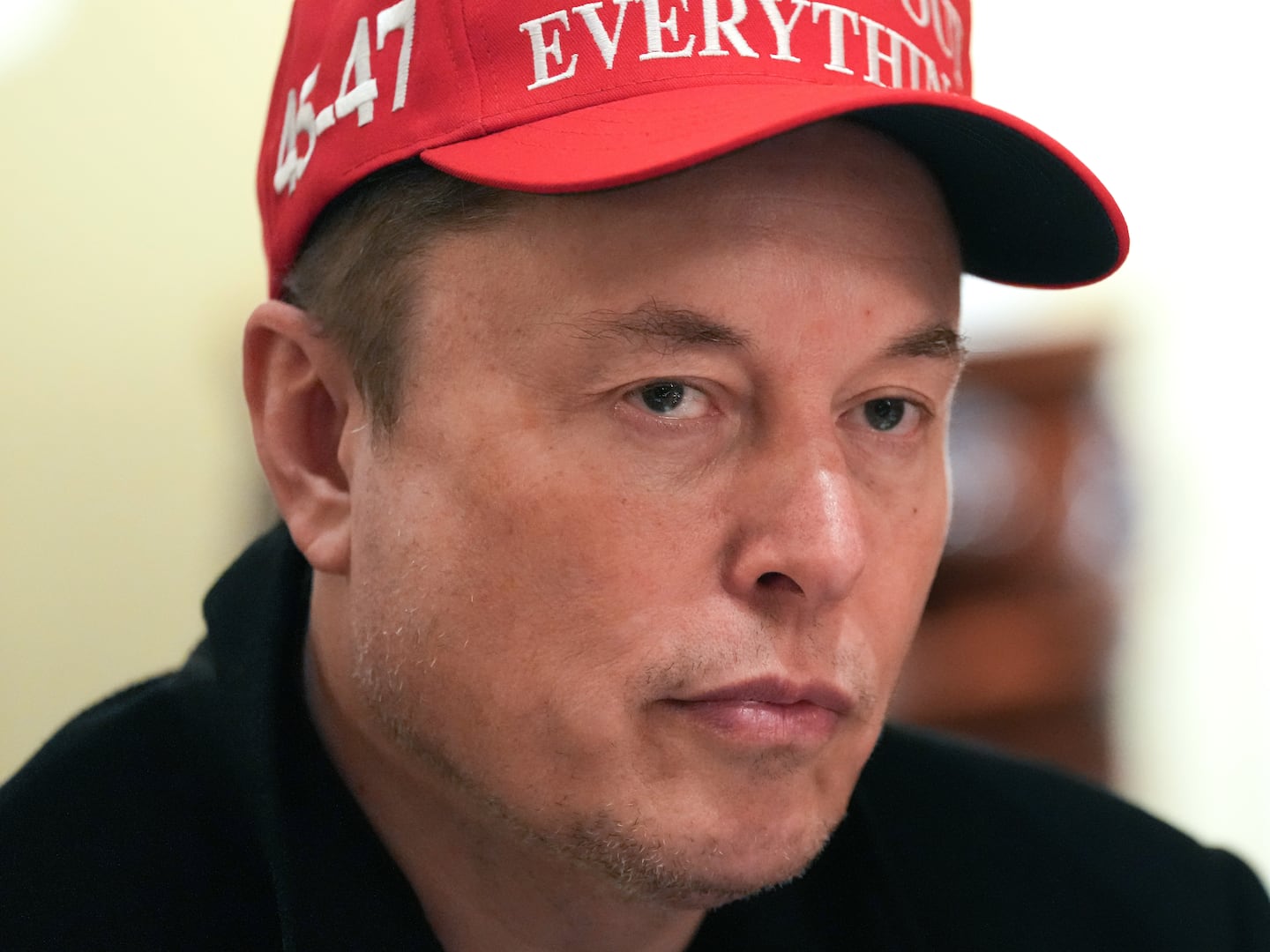The little boy whose lifeless body photographed on a beach in Turkey sparked the kind of outcry that is long overdue has a name. He is 3-year-old Aylan Kurdi, and a different published photo shows another disturbing image, that of a happy, smiling child who didn’t deserve to die.
The toddler’s journey may have ended tragically, but it wasn’t for his family’s lack of trying to get to safety legitimately. His family, most of whom are now dead, including his mother and 5-year-old brother, Galip, had fallen through an ever-widening crack in which even the survivors of such harrowing journeys are treated so poorly or stuck in such hellish limbo that they often end up wishing they were dead, too. The now well-known little boy may have a name, but there are countless other children who will remain nameless who are disappearing from society’s watch.
This week the United Nations Children’s Fund (UNICEF) released a troubling report (PDF) as part of its “No Lost Generation” campaign on the dismal state of children caught up in the crisis.
Topping the statistics is the fact that more than 13 million children are not in school in the affected areas, meaning a whole generation of uneducated people will grow up in war zones and hardship areas. The report notes that an estimated 8,805 schools are not in use, either because they have been bombed or because they now house displaced families.
According to the report, conflicts wipe out years of investment and achievements in education and can cripple the development of education systems. “In the Gaza Strip, children use school buildings as shelters because their homes have been destroyed. In Iraq, schools accommodate some of the three million people forced to flee conflict,” the report states. “Across Syria, much of Libya, Sudan and Yemen, parents are not sending their children to school for fear of what might happen to them along the way—or at school itself.”
Those uneducated children will have little hope integrating into Europe as adults, not least of all because they will scarcely be able to attain skills for the competitive European job market, which will push them further into the margins. Putting aside for a moment the irreparable scars this lack of education will have on a future generation, consider the impact of the experiences these children witness along the way.
It is estimated that one in five children caught up in the crisis right now suffer from post-traumatic stress disorder that will likely never be treated, leading to any number of problems these children will face as adults.
Most migrants and refugees are given number bracelets when they enter a European country. The identification is not associated with asylum applications. Instead, it is used to just take a live body count so authorities have an idea how to handle logistics like housing, food, and medicine on any given day. But increasingly, authorities are so overwhelmed they have started marking identification numbers on the refugees’ arms with permanent ink, which has angered Jewish communities across Europe because it conjures up images associated with the Holocaust. The practice has become common in the Czech Republic and Austria, but it happens in Italy, too, where dockside workers run out of the standard issue bracelets they normally distribute. “It is a very serious matter,” Renzo Gattegna, head of the Union of Italian Jewish Communities, says. “Dozens of refugees were literally branded as if they were cattle for slaughter, inevitably recalling the darkest period in modern history.”
Aside from the obvious emotional impact those entering Europe endure, the children also suffer from any number of physical maladies as well, including malnutrition, tooth decay, and chronic skin diseases, including parasites and head lice that come from living rough for extended periods of time. Few have had vaccines, sparking fears that once they reach Europe they will introduce diseases that have long been eradicated. At a refugee camp near Tuscolana train station in Rome, volunteers have started offering free vaccines for polio and tetanus along with glasses of milk and protein bars. They also frequently fumigate the areas with pesticides to kill mosquitos, fleas, cockroaches, and other pests.
Still, amid unthinkable odds, there are fleeting moments of relative joy. This week, two babies were born in middle of the refugee mass in an underpass near the Keleti central train station in Budapest, Hungary, both to Syrian mothers. One was named Sada, which means shelter. The other was named Shems, which means hope.






